Do you know who are you?
I mean truly know who you are?
Why are you here? What are your core values? What emotions are holding you back?
We truly need to become self aware before we can start healing, growing and becoming a better version of ourselves.
Often opening up and talking to someone will help you become more self aware, it did for me. I thought I was ‘fine’ but I was running away from the pain I held deep down. And with more understanding of who you are, comes more understanding of those people around you.
I see self awareness as a super power. If I have the ability to know exactly what I want, why I act certain ways and how I manage certain emotions it’s a skill that’s going to serve me well in life.
But becoming self aware isn’t easy.
It isn’t a switch you can turn on.
It takes work, and self awareness comes with time. But the first question you need to ask yourself is this…
Are you ready to make change?
Are you ready to break through comfort zones, face fear and truly become the best version of yourself?
Typically we have to hit ‘rock bottom’ before we seek help, but why wait?
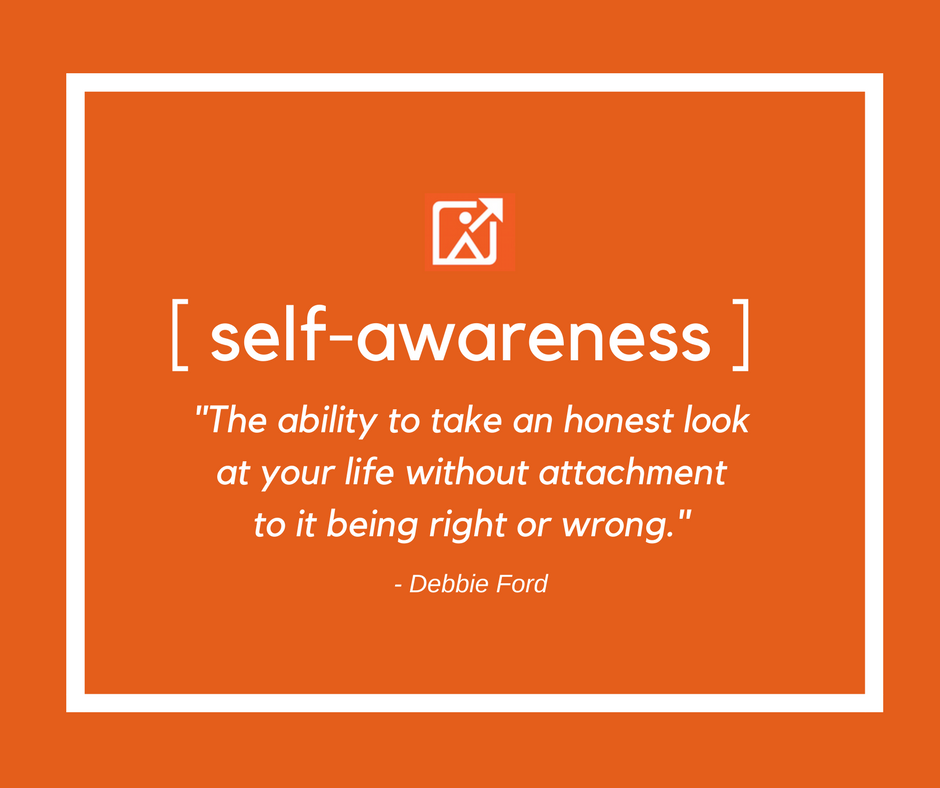
Nobody is perfect, nobody is ‘fine’ and everyone can grow.
We have to remember that everybody enters the world the same way.
We all come into existence as a baby, completely vulnerable to the world in front of us.
Everyone is unique through DNA, through the lives we’re about to lead and what truly inspires us.
This vulnerability as a baby and child means our upbringing and our experiences creates our way of thinking.
No one is perfect, and your parents or the people who bring you up do their best through the lessons they’ve learnt from their up bringing, but often or not their behaviours will always be something you’ll inherit too.
But with self awareness comes the ability to trace back to your childhood and upbringing. And to understand certain things that happened that may have impacted your life as you grew older. Because when your developmental needs aren’t met by a parent or anyone who has a role in your up bringing it can leave an emotional wound.
These wounds that happen early on in life can have long lasting effects on our emotions and behaviours. If they’re not dealt with, not only will it affect our lives we will simply pass them on to our children.
Typically it’s not intentional. Emotional trauma doesn’t just come from abuse or being purposely victimised. In most cases your parents want the best from you, but the emotional traumas they haven’t dealt with throughout their childhood will be inflicted upon yours.
Their insecurities, their worries, their fears, their behaviour and mannerisms all get passed down to you.
We’re all victims or victims.
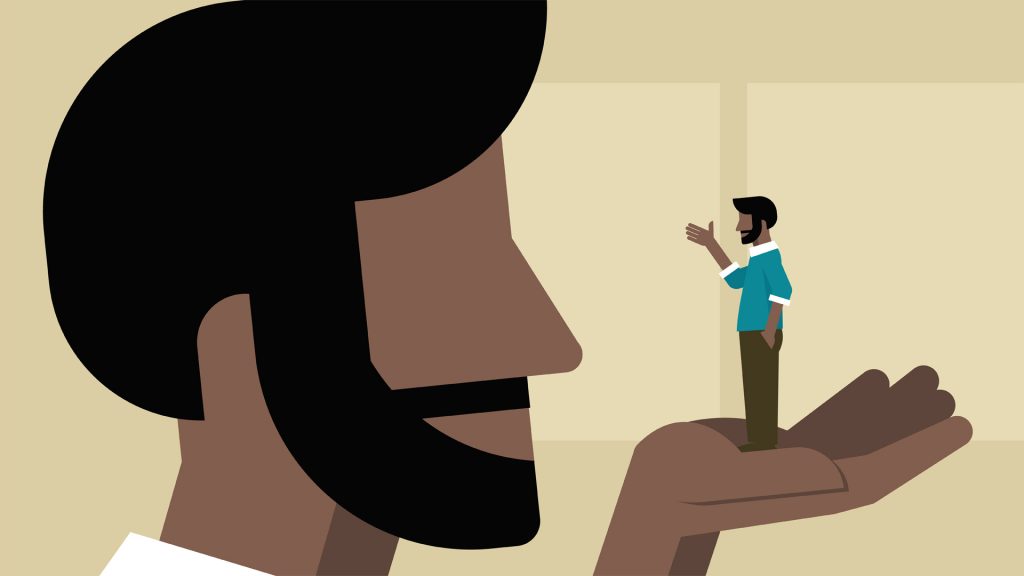
There’s so many ways our behaviours can be affected by our childhood…
Even if we lose a loved one at a young age a sense of abandonment will take a forefront in our emotions. We’ll feel like the people we love leave us, and we typically blame ourselves even if there was nothing we could do.
If you’re parents tell you you’re not good enough and put you down you’ll often grow up with low self esteem and sensitivity.
On the other hand if you’re always praised, told your beautiful everyday and intelligent when independence arises you’ll also expect everyone else to see you that way. When they don’t, emotional trauma can also arise.
This is truly scratching the surface in terms of the effect our childhood has on us but our vulnerability as children alongside the experiences and mistakes we make as we grow up often make up our emotions.
We carry these beliefs about ourselves and these emotions, consistently programming our minds.
With true self awareness of who you truly are and not the thoughts and beliefs systems installed onto you throughout your up bringing you can start to reprogram your mindset.
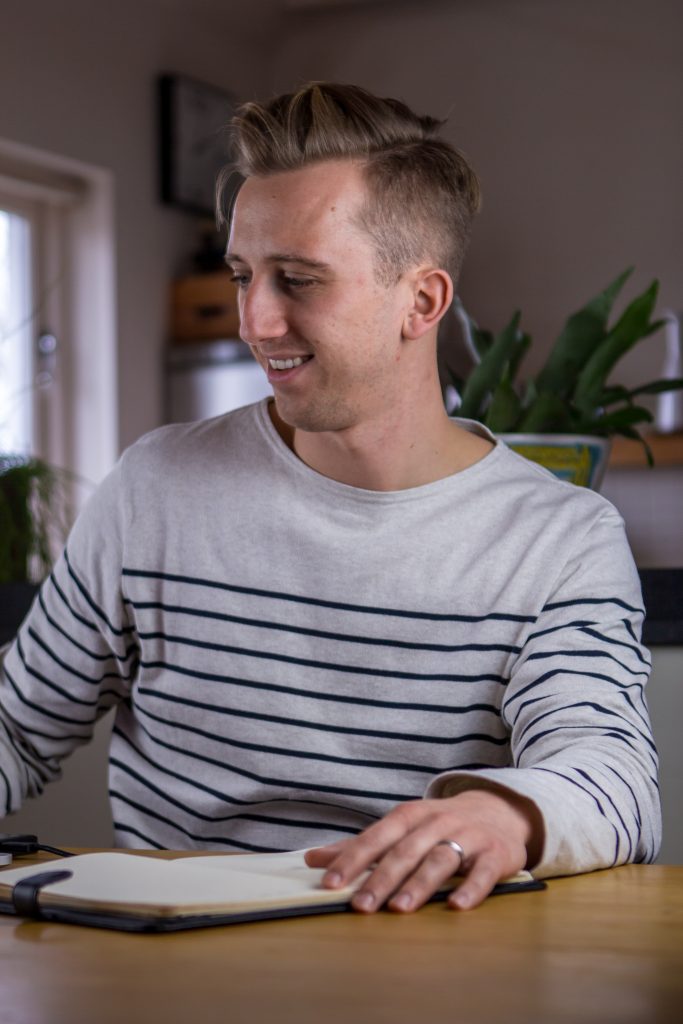
Work backwards, are there any thoughts and beliefs you have which you can link with your up bringing?
Are you out of touch with your emotions because your Dad always told you to “toughen up” when you cried?
Do you feel like you’re worthless or you don’t matter because you were often ignored when you were growing up.
We add them to our emotional baggage and get on with our daily lives.
Our minds stay programmed to these beliefs and emotions for years, sometimes throughout decades making it harder to break the programming.
Every time a new experience or thought triggers an emotion within your ‘baggage’ it adds to it. For example if your Dad passed away when you were young you’d feel abandoned, that everyone you love leaves you. Now in Adulthood your girlfriend of 6 months has just left you, triggering that emotion and adding to it, strengthening the belief that everyone you love leaves.
When you feel depressed, sad and weak you’re reminded of the times you were told to ‘toughen up’ by your Father, increasing the self belief that you’re not strong enough.
The cycle goes on, and it’s important to break it. To look inside the baggage we carry and understand it.
True self reflection typically comes when you’re about to die. You tend to look back at the things you never did, and all of a sudden the worries and fear holding you back seem irrelevant.
Isn’t it better to self reflect now? Rather than waiting for the end…
It’s not the things we do in life that we’ll regret on our death bed, it’s the things we do not.
Why not reflect right now, decide to make change and become the best version of yourself you possibly can be?
Look back to your childhood, know you can’t change what’s happened but know that those are things you can learn from.
Self awareness really is a powerful tool that will serve you well, but know that it comes with some deep reflection and work. It’s something you’ll never stop learning.
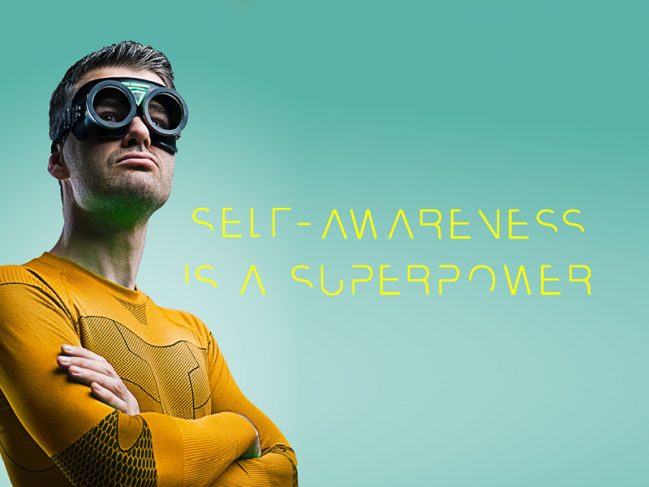
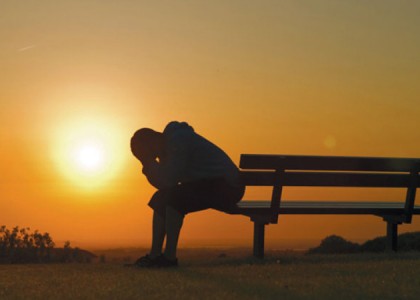

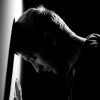

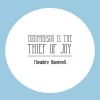
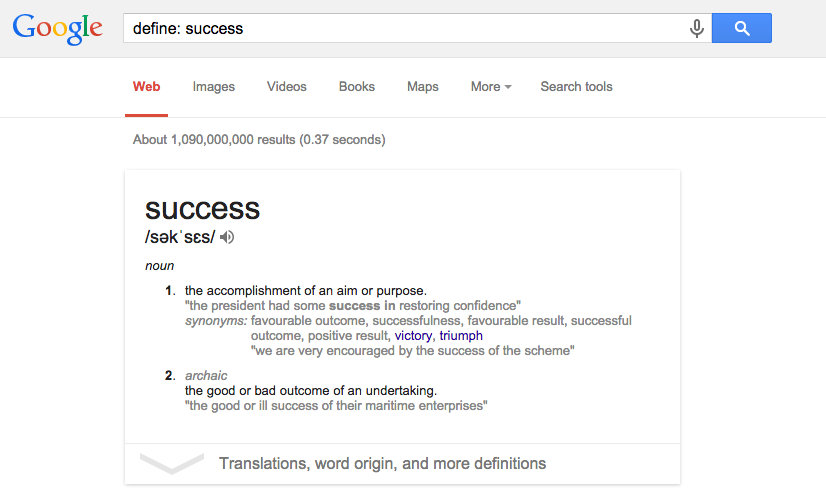
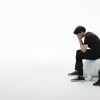

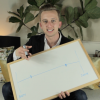
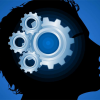
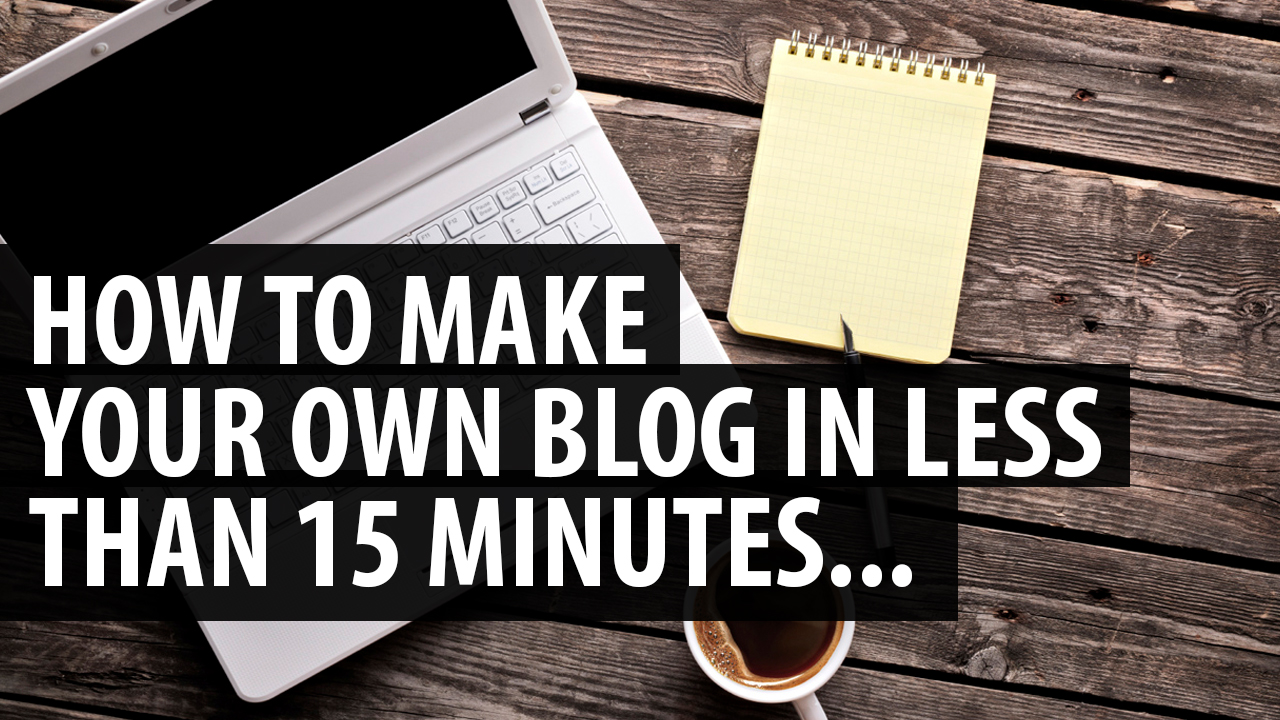
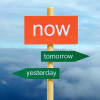


I would love to hear how you if you had to went about becoming self aware and how did you deal with those things that were not helpful.
i was abused which left me emotional less its taken two years of intense therapy to start to deal with this and understand what is going on with me , WHAT HAS HELPED YOU OR OTHERS